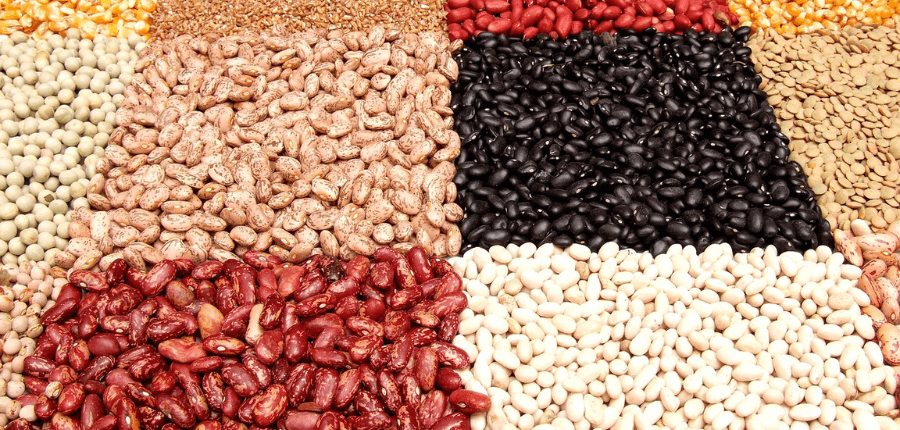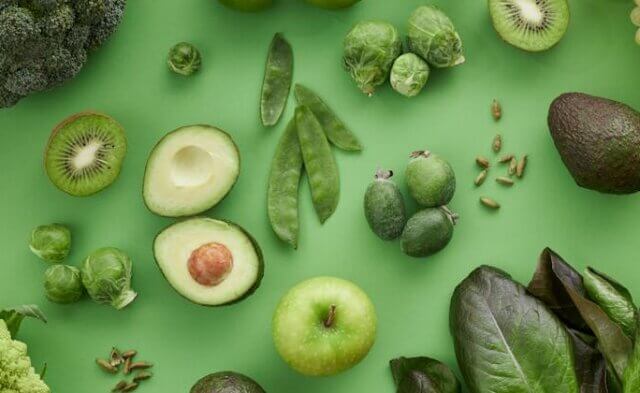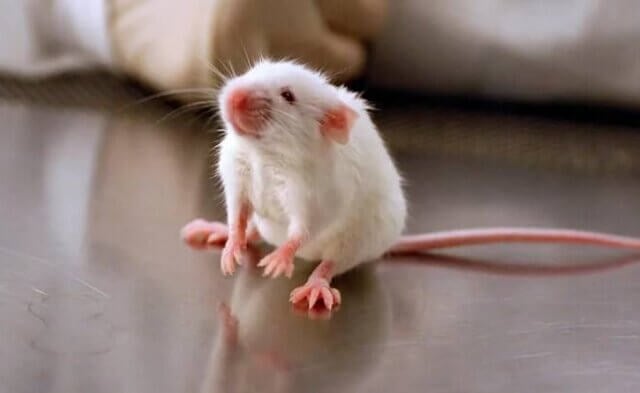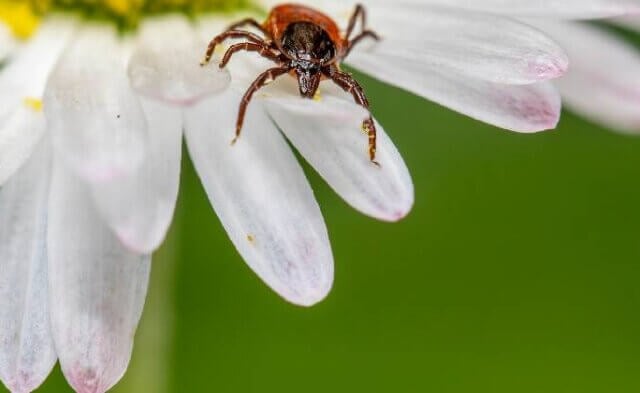By Scott Miller
February 27 is National Protein Day, a 24-hour opportunity for meat-eaters to ask vegans, “Where do you get your protein?” (Answer: the supermarket.)
Why isn’t anyone asking meat-eaters where they get their minerals, vitamins and fiber? Concerned about Americans’ lack of magnesium intake, I googled “Is there a holiday that celebrates legumes?” There is—it’s technically called National Eat Your Beans Day, in July. Beans are magical little plants that are packed with magnesium. They’re also a good source of protein, with soybeans and lentils topping the list. Tofu, which is made from soybeans, has its own holiday, National Tofu Day on September 1. According to the U.S. Department of Agriculture, tofu also has a high level of protein: Half a cup delivers 21.8 grams. For those concerned about how I get my iron, tofu is full of that, too. All hail this healthy and versatile superfood!
Stop the worrying. Vegan protein abounds. Going vegan is healthy.
It’s a myth that only flesh contains protein and it’s a poor excuse to consume the body parts of living beings. Animals on factory farms are given so little space that they can’t even turn around or lie down comfortably. Spending one’s life producing milk or eggs is a joyless, painful existence. And animals killed for food are crowded into trucks and transported through extreme temperatures with nothing to comfort them. Their final hours are frightening and stressful and agonizing. Society doesn’t excuse arsonists. (“But it’s a good source of heat. How else would I get my warmth?”) Yet we rationalize meat and dairy consumption by looking away from the reality of its inhumane production. There are so many cruelty-free ways to get your protein.
Some vegans maintain a strict regime of protein-intake. Some vegans never think about it. Yet those vegans are healthy, too, because peanut butter, vegetables, quinoa, fruit, rice, hummus and dairy-free yogurt are great sources of protein and other essential nutrients.
Are you truly concerned about where I’m getting my protein? Or is this a passive-aggressive way of expressing the guilt you feel about eating someone? Animals don’t “contain” protein, the way soybeans do. Rather, protein is stored within a living being’s flesh. Animals aren’t a “source” of protein, any more than stealing someone’s vehicle is a good source of car. It is not yours to take. Animals are sensitive, complex individuals. Their bodies are their own.
Protein-deprived vegans are about as common as a Snoop Dogg polka album. Protein builds muscles and gives you energy—which is why vegans are runners and weightlifters and professional athletes. If anything, vegans have too much energy. Heck, lay off the lentils and take a nap every once in a while.
Hot celebrities like Joaquin Phoenix and Natalie Portman are vegan. And they looked anything but lethargic as they walked up to the stage to accept their Academy Awards. (“I’d like to thank my family, my agent and the power of peanuts.”) Halle Bailey, aka Ariel in Disney’s The Little Mermaid, talks to fish. She doesn’t eat them. But being vegan certainly hasn’t slowed down this dynamic hit singer-songwriter, spirited actor and compassionate human.
Vegans have a lower risk of heart disease. Studies have found that vegan eating also helps manage diabetes and reduces the risk of cancer. I googled “Is there a National Health Day?” Technically called World Health Day, April 7 is the perfect time to try a black bean burger. And order your fries without the cheese; your body will thank you.
To ask a vegan where they get their protein can be a form of bullying. It is a question designed to intimidate and challenge those who choose compassion. Nobody really cares where I get my protein. Rather, many questioners are lashing out because they are confronted with an ethical dilemma: “What if my justification for harming animals lacks substance?” (Answer: It’s never too late to change how you eat.) And if you do, protein-packed legumes have you covered. Have a Happy National Protein Day!





